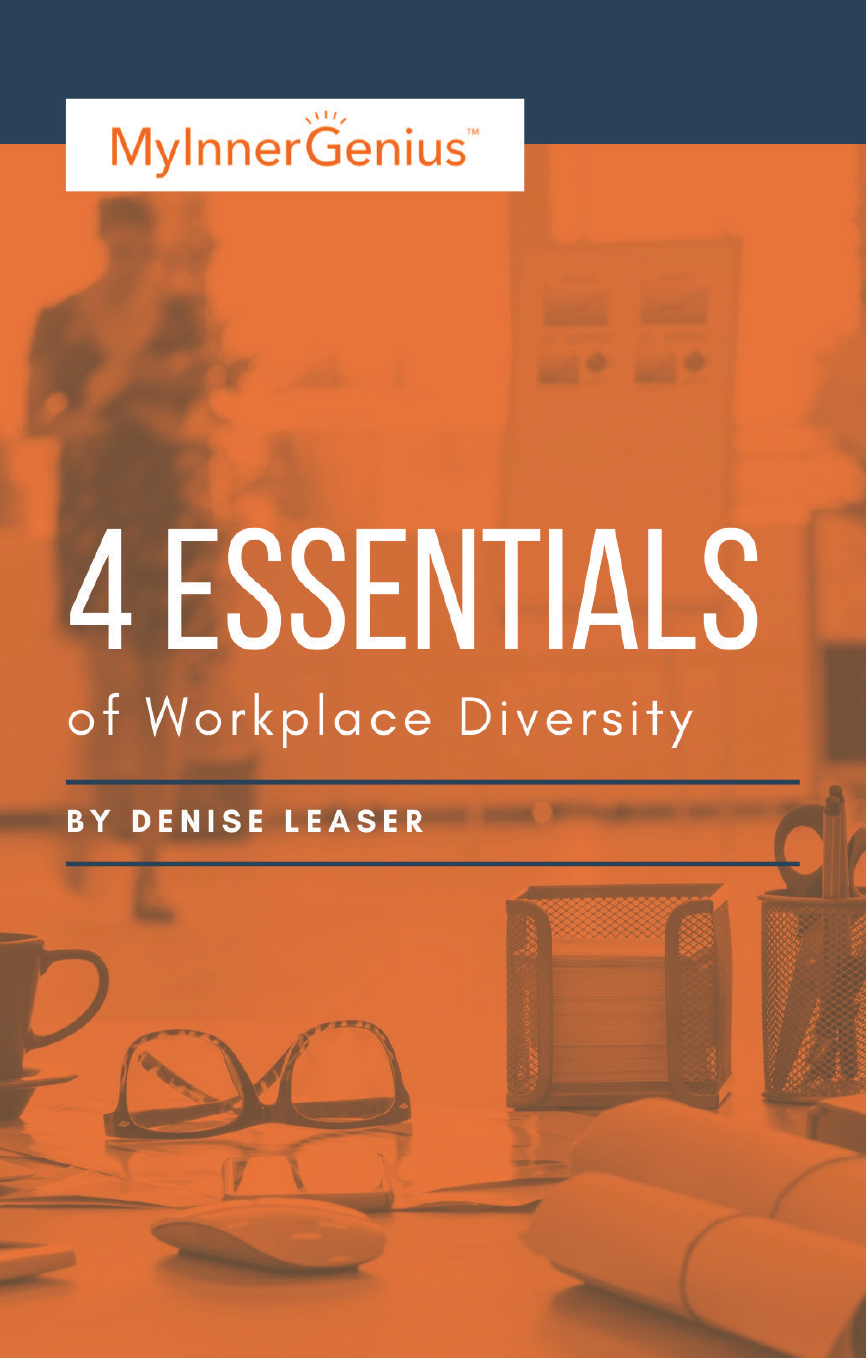It’s summer vacation. The sun is out, the kids are home, and your employees are working from home. The days of having the summers off are far in the past and they’ve still got the same amount of work to accomplish, whether the kids are home or not. What is this going to do for their productivity?
When we choose which employees get to work from home and which are better served by staying in the office, we understand that the employees with work from home privileges are being allowed a more flexible schedule. So, taking time to play with the kids or run them to band camp shouldn’t be a problem so long as the work expected from the employees is still coming in on time.
One of the great things about using assessments during the hiring process (and a benefit to using them overall) is that you can determine things about your applicants that wouldn’t be apparent at first glance. You can tell who has the previous experience and the right skills to remain productive while working from home, even when beset with obstacles like three months of their kids begging for their attention.
Sitting down in the office from nine to five doesn’t guarantee that your worker will remain productive. Some people produce better work without those kinds of constraints. We’ve talked in previous blogs about how loosening your grip on your employees will actually come around to be a benefit to you.
But then, of course, there’s the matter of vacation days. Almost every full-time position has a certain amount of paid time off, but for many workers, taking it isn’t just as simple as requesting the hours from their boss. Many employees actually feel guilty for using their vacation hours, either because of their commitment to the office, or there is an underlying negative attitude toward using vacation time in their workplace. But if we’ve used assessments to determine which candidates have good time management skills and then hired them, why should we as employers guilt our staff into not taking the PTO they’ve accrued?
Not all PTO time is going to be spent on vacation time. Workers will have family emergencies, appointments, and other reasons to take off of work. PTO and vacation hours aren’t the killers of productivity—micromanagement is.
It’s the same situation as working from home. It comes down to the employees’ ability to properly manage their time and the employers’ willingness to allow the employee to have a flexible schedule. Breaks actually positively correlate with productivity, as they offer a chance to refresh and come back to work with a newfound vigor and approaches to problem-solving employees may have been too ground-down to realize before.
But, like anything, productivity and self-motivation are skills that not everybody has, so you as the employer should be careful who you extend these privileges to. It’s important to be fair when you’re dealing with employees, but we should also recognize that some workers will earn more leniency than others. Conversely, a drawback to working from home is it is harder for employees to find a good work-life balance when working from home.
An easy way to find candidates who have the right skills for working from home? MyInnerGenius offers thoughtful, productive, and employer-friendly assessments that get to the heart of the applicant and make it much easier to decide who has the right potential for your position. Our assessments yield proven positive results (just ask IBM and Starbucks). Ready to try one—for free? For more info on our career fitness assessments and to enjoy a free demo, visit us at https://trywebassess.com/request_demo/

